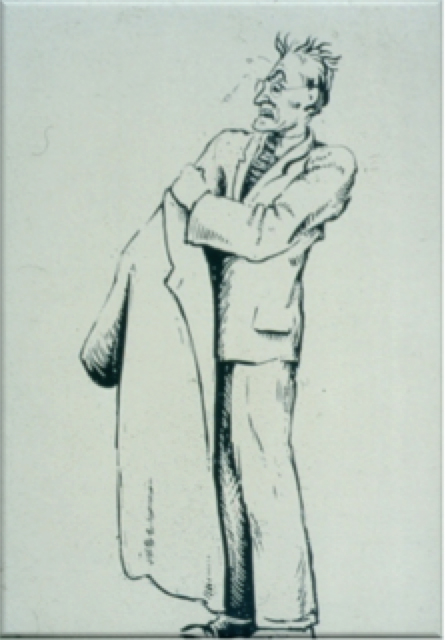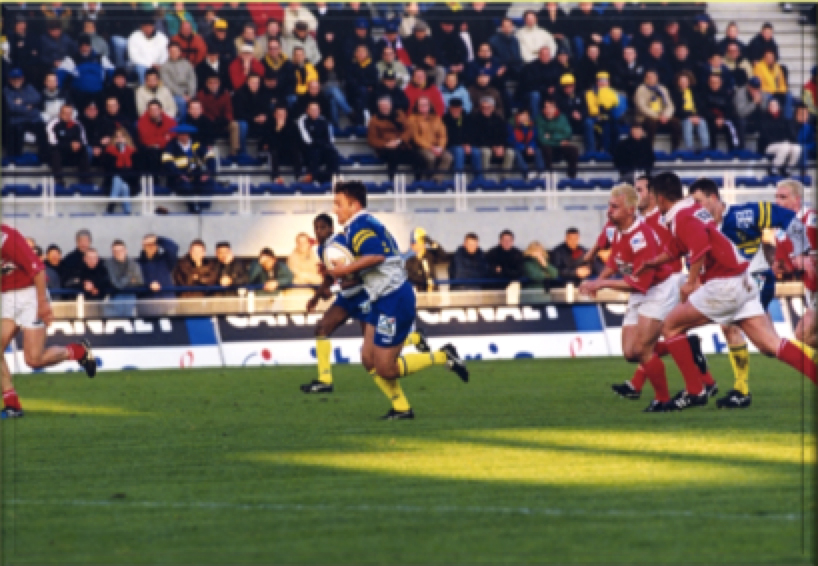1. Listen to the patient
The 2 main reasons why patients consult are:
- night pain
- a dislocated shoulder
I. Night pain is the main reason for consulting
The patient is awakened by pain in the shoulder and arm when sleeping on the side.
It is necessary to know better the patient who consults for pain that deprives him of sleep.
- Age
- Painful anddominant side (right or left)
- Occupation: office (computer mouse), commercial (driving), manual occupation (carpenter, mason, painter, electrician...).
- Hobbies: contact sports (judo, rugby, soccer), racket sports (tennis), volleyball, handball, basketball, canoeing and hunting, fly fishing, building, gardening...
- History of a fall, old or new, on the shoulder or not.
- Medical history: diabetes, heart disease.
What type of pain?

- Progressive installation, ofteninsidious, sometimes brutal, intense, unbearable (think spontaneous rupture of a calcification of the rotatorcuff).
- History of pain and effectiveness of previously prescribed treatments: painkillers, anti-inflammatories, cortisone injections, ultrasound, rehabilitation, etc.
- Night pain is accompanied by pain during many activities of daily life: grooming, dressing, fastening a bra for women, putting a shirt in pants, driving, taking an object on a shelf, getting a parking ticket, etc.
- The patient explains that the shoulder is less mobile, ankylosed, stiffened...
II. The dislocated shoulder is a frequent reason to consult for a young athlete who is in quit because his shoulder dislocates more often when he practices his favorite sport, even while sleeping. This is an unstable shoulder.

- It is necessary to know the type of sport: rugby, soccer, judo, canoeing, windsurfing...
- When was the first accident of instability?
- Is the dislocated shoulder replacing itself (subluxation), or was it necessary to go to the hospital to put the shoulder in place (real dislocation)?
- How many accidents with subluxations and/or dislocations?
- Any prescribed rehabilitation sessions?

